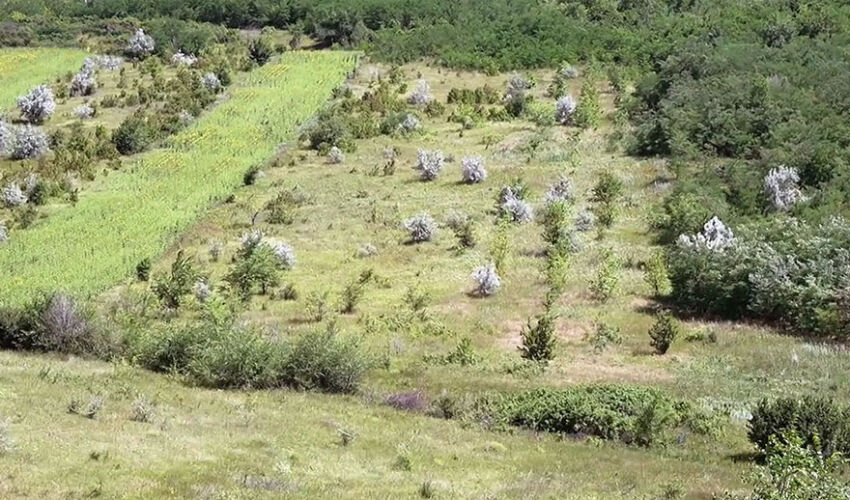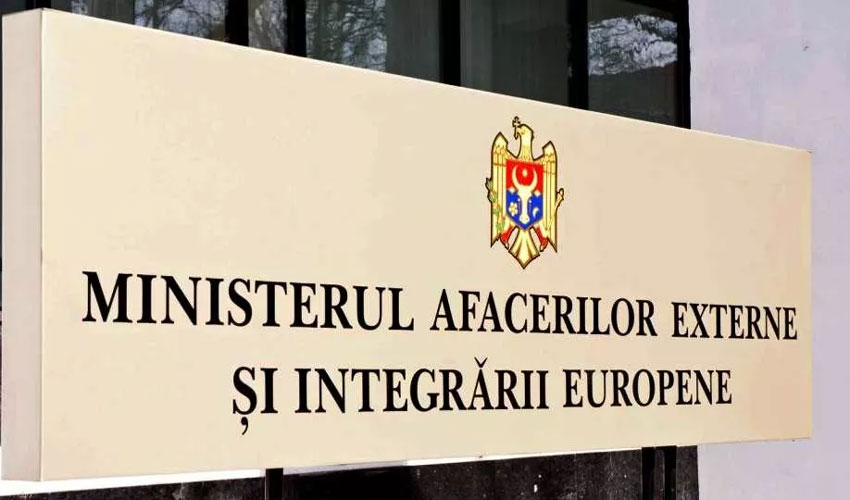
If agricultural land has not been properly maintained for more than two consecutive years, representatives of the local mayor’s office and the National Food Safety Agency (ANSA) will, at the request of the affected adjacent landowner, inspect the land and determine whether it is abandoned and weed-free. Upon confirmation that the land has not been maintained for at least two years and its phytosanitary condition is unsatisfactory, City Hall will issue a written summons to the owner.
If there is no response from the owner, the Town Hall will be able to temporarily lease the land for agricultural use. If the land borders only one property, City Hall will be able to negotiate directly with the neighbor interested in developing it. Otherwise, the land will be put up for public auction so that anyone interested can lease it legally and transparently.
The amount paid by the tenant for the use of the land is kept in a special account at City Hall. The owner can reclaim his land at any time by submitting a simple written request. At that point, the lease is immediately terminated, and the money collected from the lease goes to the owner (less the administrative costs incurred by the City Hall for this procedure).
Thus, the owner is not deprived of his land, and the “forced” lease is applied as a temporary measure to prevent land degradation and protect the interests of bona fide land users in the neighborhood.













